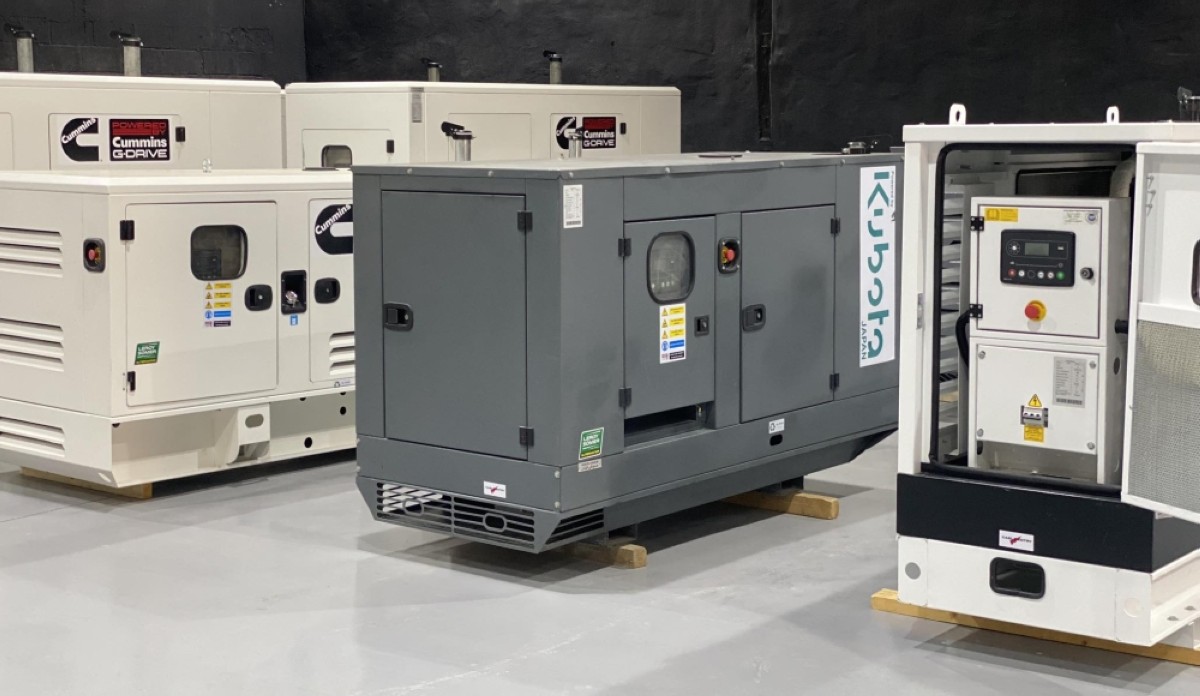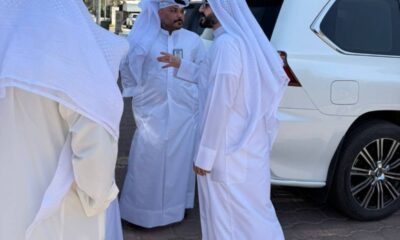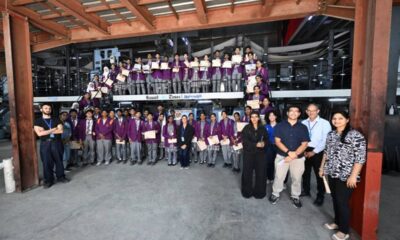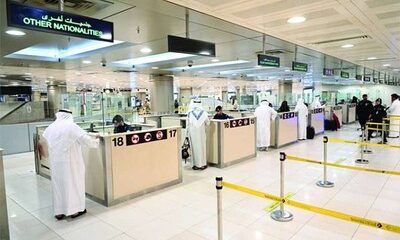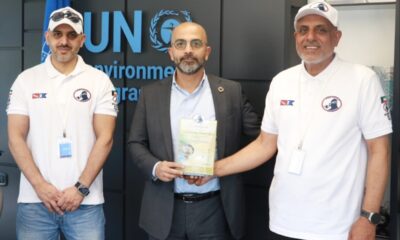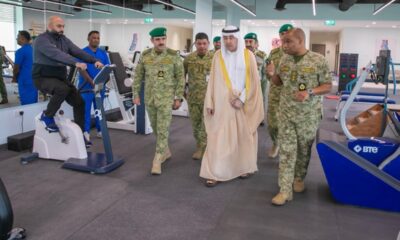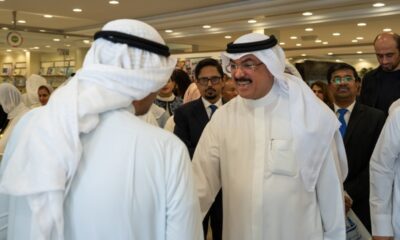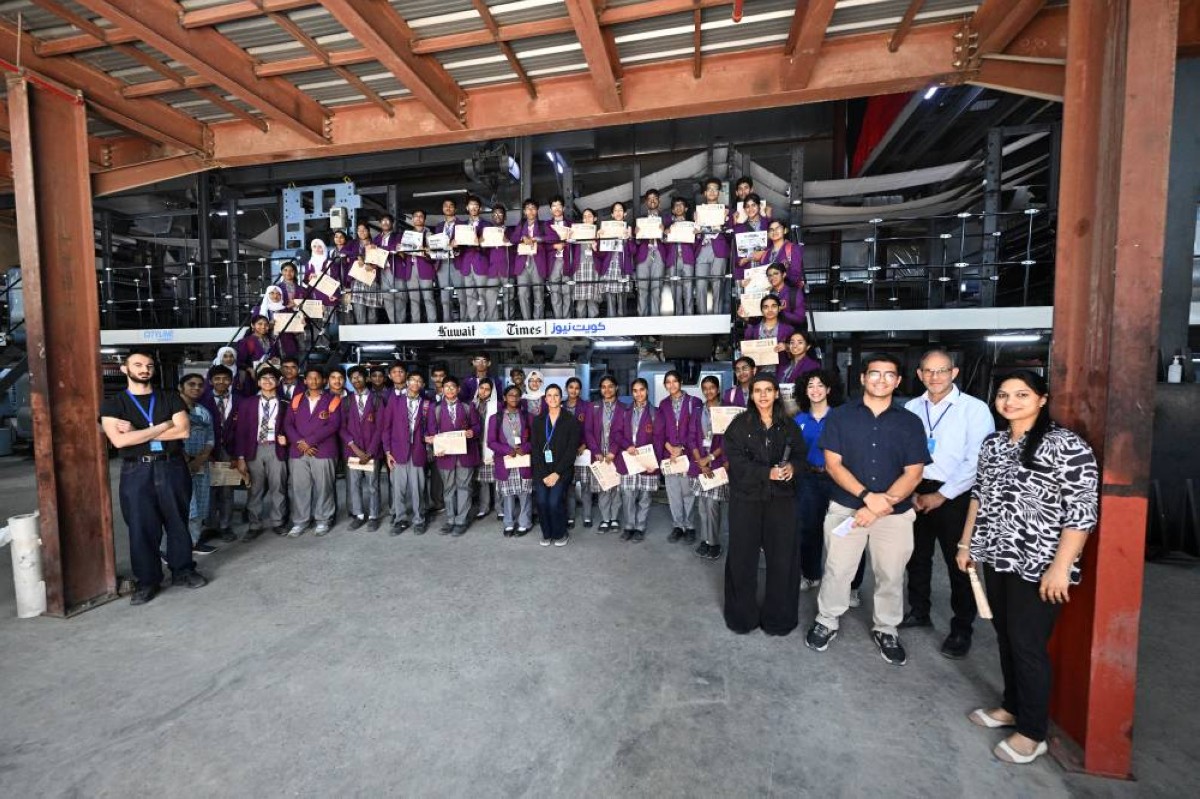KUWAIT: Some residents in Kuwait are calling for clearer communication and better preparedness to address confusion and safety risks arising from the government’s scheduled power cuts.
Kuwait’s Ministry of Electricity, Water and Renewable Energy has been rolling out scheduled power cuts in various areas across the country to manage high electrical loads and carry out maintenance ahead of the summer season. Although the ministry is issuing advance warnings through its social media channels, including information about the affected areas, timings, and outage durations, many residents report that communication gaps and inconsistencies have left them increasingly vulnerable.
Several people shared their struggles with inconsistent messaging on the power cuts under a post published on its Instagram page. “Please stick to the posted outage schedules. Today, there was no mention of a power cut in Jabriya, Block 5. We have medical equipment at home, and we were not prepared. We need credibility in the information you share with the public,” said Ebtisam Dashti.
Another user, Anwr, advised people to regularly check the ministry’s Instagram stories. “They keep posting updates for areas not originally listed in the main schedule. Things have become random and chaotic.”
Mohamed Nageh, a resident of Hawally, told Kuwait Times that power was disconnected in his area on a different day and for longer than what was announced by the ministry, catching many off guard.
“Some people were literally trapped inside elevators, while others were completely caught off guard. Instead of lasting two hours as announced, the outage continued throughout the entire day,” he said.
Kuwait Fire Force has clearly warned against using elevators during scheduled outages. The fire force also strongly warns against attempting to open elevator doors without professional assistance, emphasizing that such actions could risk lives. But those in Nageh’s building felt they had no choice with the outage continuing for hours. “We had to manually force open elevator doors to rescue those trapped inside,” added Nageh. He lamented the lack of a backup generator in the building, which could have prevented the ordeal.
Backup generators needed
With power cuts being a rare occurrence in Kuwait until recently, most residential buildings in Kuwait don’t have backup generators. But these machines could now become essential to mitigate risks during power outages, an expert argues.
“Generators ensure that critical systems like emergency alarms, elevators, lighting, and ventilation remain operational,” Omar Alsaadi, a safety engineer, told Kuwait Times.
A generator shop owner with 20 years of experience in Kuwait emphasized that without backup power, fire safety systems cannot function during blackouts. “Every building should be equipped with a proper fire system and a backup generator, especially those with elevators,” he said.
The idea of requiring buildings to install backup generators has long been discussed. In 2017, the Ministry of Electricity and Water proposed mandating emergency generators for commercial complexes, investment residential complexes, and investment residential buildings with more than 10 floors.
Kuwait Municipality was also studying amending building regulations to include mandatory emergency generators for elevators, emergency exits, and main corridors in investment and commercial buildings. At that time, the ministry also encouraged exploring renewable energy sources to diversify Kuwait’s power supply. Years later, no progress has been reported on the two initiatives. While the obstacles remain unclear, Alsaadi said that making backup generators mandatory for all buildings would be extremely costly for building owners, making the idea impractical.
Slight uptick
Despite the continued power cuts, demand for buying generators this year has only seen a slight uptick. One generator shop owner reported a 10–15 percent increase in demand. According to Aldoussari Generators Company, the most purchased generators, priced around KD 4,500, are typically bought by farm owners and businesses in industrial areas, where power outages are more frequent and prolonged throughout the year.
Mohamad Al-Khodari, another supplier, noted that renting generators remains far more common than purchasing them, with rental requests rising by around 20 percent since the end of Ramadan. Rental rates now range between KD 600 and KD 1,000 per day, depending on the unit’s size and capacity. “There are more than 642 companies operating in the generator sector across Kuwait,” Al-Khodari added, noting that most offer products from major international brands.
While generators could be helpful in emergencies, residents are increasingly calling for more permanent solutions to Kuwait’s energy challenges. Social media discussions show growing support for the use of solar energy, stricter energy management practices, particularly regarding air conditioning, and the enforcement of penalties for excessive energy consumption. They are urging authorities to focus not only on crisis management but also on sustainable energy reforms that safeguard lives, property, and the environment.






